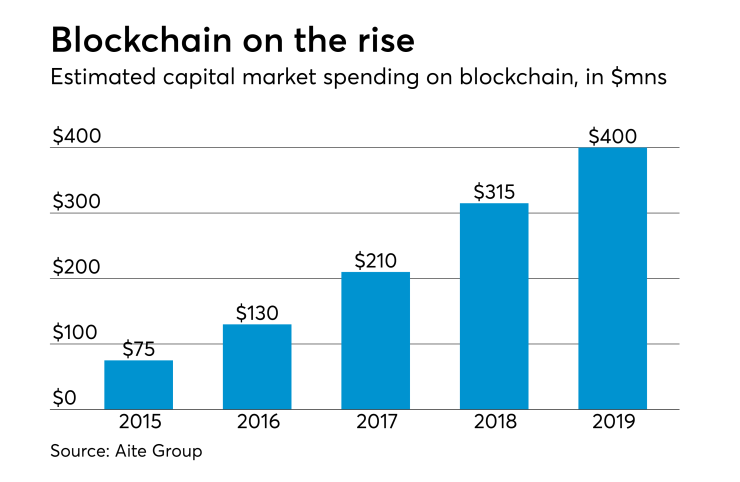When you first heard about blockchain technology, it was probably in the context of Bitcoin. There’s no denying that the cryptocurrency explosion of the past few years brought blockchain into the mainstream, but authenticating new currencies is just the tip of the iceberg when it comes to potential accounting applications for this radical,
Blockchain is on every accountant’s mind because the technology aligns so seamlessly with our profession. In essence, blockchain presents the possibility of a new type of accounting ledger — one that can be continuously updated and verified without the threat of being altered or corrupted. “The internet gave us a powerful ways to share and access information,” said Ron Quaranta, chairman of the Wall Street Blockchain Alliance. “Blockchain now gives us a powerful way to share and access value.” Real estate and auto industry leaders are using it to track assets and the price at which they were bought and sold.
It’s no surprise, then, that the world’s leading accounting firms have already explored ways to implement blockchain in their work.

How Big Four firms are using blockchain
The Big Four accounting firms are leading the way when it comes to blockchain research for accounting practices. Ernst & Young was the first to begin accepting Bitcoin as a payment method, and PricewaterhouseCoopers has joined them. Deloitte and KPMG may not allow for Bitcoin payments yet, but that doesn’t mean they’re ignoring blockchain.
KPMG launched a Digital Ledger Services program in 2016 with the aim of helping financial services companies investigate blockchain application. Last year, the firm partnered with Microsoft to create the “Blockchain Nodes” initiative with the stated goal of identifying
Deloitte first got into the blockchain game all the way back in 2014 with the launch of Rubix, billed as a “one-stop blockchain software platform.” Since then, they’ve continued to diversify their offerings, exploring initial coin offerings (ICOs), which are similar to IPOs but use a cryptocurrency instead of stock. Their partnership with
It seems every month we hear about new ways that Big Four firms are dipping their toes into these exciting, uncharted waters. This April, for instance,
While this might seem like a laundry list, the truth is that we’re at the beginning of the process when it comes to discovering uses for blockchain. Over the next few years, this trend is poised to continue on an upward trajectory.
Accountants need to come to grips with blockchain
As with any new, revolutionary technology, accountants and auditors have begun to wonder if blockchain will eventually become a replacement for human accounting professionals. Luckily, even the most optimistic forecasters don’t see that happening. There’s no question, however, that accounting professionals need to learn as much as they can about this tech before it becomes a standard, everyday part of our jobs.
Despite the inherent skepticism toward something presented as game-changing, blockchain offers a huge opportunity for accountants to position themselves as forward-thinking and cutting-edge. The Financial Times
Erik Asgeirsson, president and CEO of CPA.com, believes that blockchain is just the next in a long line of transformations within the accounting world. “Through every phase,”
Where will we go from here?
The answer to this question is anyone’s guess. Blockchain is truly a new frontier for a slew of industries and professions, and firms will continue to allocate resources toward figuring out ways it can improve accounting and auditing. While the myriad forms this innovation could take are far from certain, it’s clear that blockchain isn’t going anywhere.
Whether you believe Bitcoin is a flash in the pan or the currency of the future, the validity of the technology underpinning it is not a matter of debate. Blockchain is here and it’s only going to get bigger. The earlier you start understanding its uses, and start your learning by using it yourself so you can better understand it, similar to the Big Four, the better off you’ll be as the rapid innovation starts taking hold.





